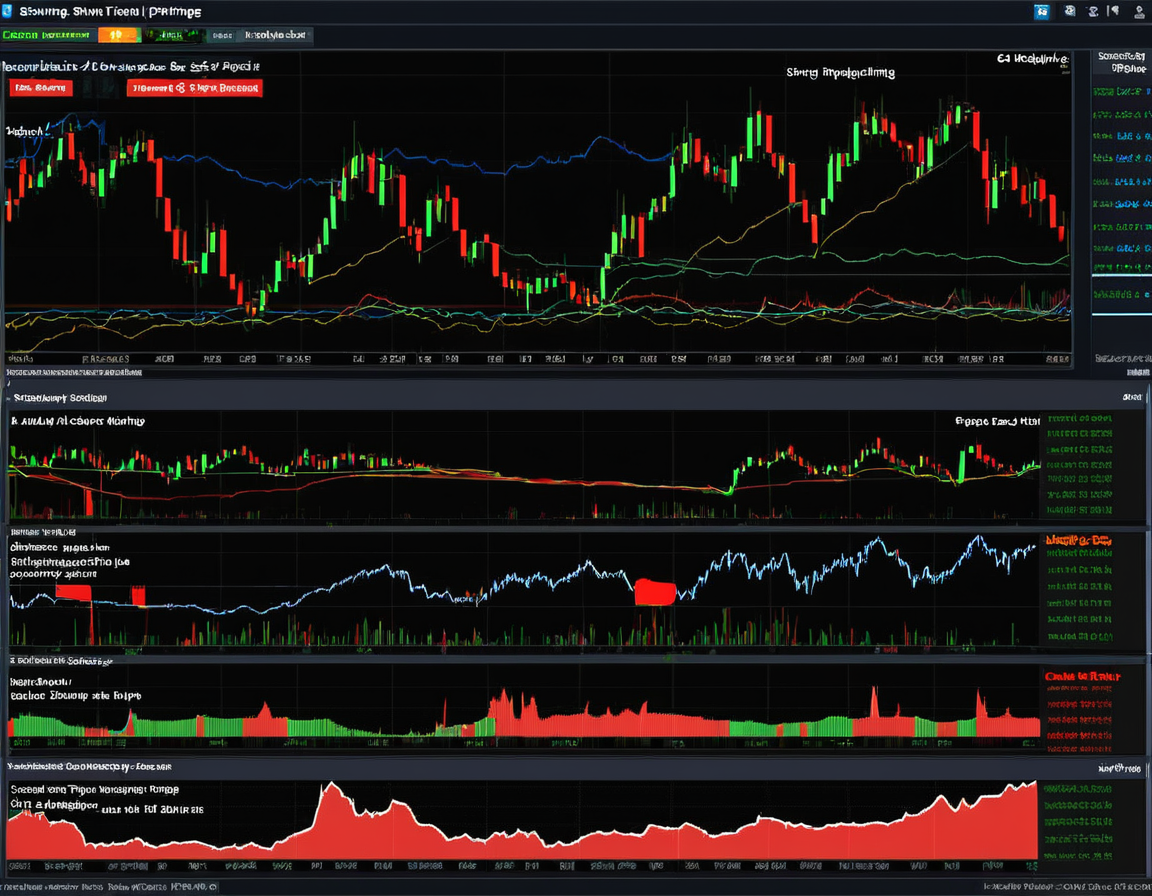Forex Trading in India: Legal Regulations and Compliance
Forex trading in India is subject to strict regulations, which are enforced by the Reserve Bank of India (RBI) and the Securities and Exchange Board of India (SEBI). While the global forex market offers significant profit opportunities, Indian traders must follow specific legal guidelines to trade currencies legally. This blog will cover the legal framework governing forex trading in India, how traders can stay compliant, and the role of SEBI and RBI in regulating the market.
Is Forex Trading Legal in India?
Yes, forex trading is legal in India, but it is subject to strict regulations. Indian traders are permitted to trade only certain currency pairs involving the Indian Rupee (INR) through authorized brokers. Trading other currency pairs on offshore platforms is illegal, and non-compliance can lead to penalties.
Permitted Currency Pairs in India
According to SEBI regulations, Indian traders are only allowed to trade currency pairs that involve the Indian Rupee, such as:
- USD/INR
- EUR/INR
- GBP/INR
- JPY/INR
Trading non-INR currency pairs like EUR/USD or GBP/USD is prohibited for Indian residents, and such trades must be conducted through authorized exchanges like the National Stock Exchange (NSE) or the Bombay Stock Exchange (BSE).
For a full list of permitted currency pairs, refer to the SEBI Guidelines.
Regulatory Authorities for Forex Trading in India
1. Reserve Bank of India (RBI)
The RBI governs India’s foreign exchange market and ensures that forex trading adheres to the Foreign Exchange Management Act (FEMA). FEMA aims to regulate foreign exchange transactions and ensure they are in line with India’s financial policies. Indian traders must comply with FEMA regulations, and offshore forex trading through unauthorized brokers is a violation of these laws.
2. Securities and Exchange Board of India (SEBI)
SEBI regulates the forex trading environment in India, particularly focusing on safeguarding investors’ interests and ensuring the transparency of financial markets. SEBI-approved brokers are the only authorized platforms through which Indian traders can legally participate in the forex market. SEBI also enforces guidelines on leverage, trading instruments, and capital protection.
For more information on SEBI’s role in forex trading, visit the SEBI Official Website.
How to Stay Compliant with Forex Trading Regulations in India
1. Choose a SEBI-Registered Broker
The most critical step for Indian traders is to trade through a SEBI-registered broker. These brokers comply with India’s legal framework and offer the permitted INR-based currency pairs. Popular SEBI-registered brokers include Zerodha, Upstox, and Angel One, all of which provide platforms for trading forex legally in India.
2. Trade Only INR-Based Currency Pairs
Indian traders must strictly limit their forex trades to INR-based currency pairs, as these are the only pairs allowed under SEBI and RBI guidelines. Trading non-INR currency pairs through foreign brokers is illegal and can lead to severe penalties.
3. Avoid Offshore Forex Brokers
Offshore forex brokers may offer attractive trading conditions, such as higher leverage and a broader range of currency pairs, but Indian residents are not legally allowed to trade with these brokers. Offshore forex trading violates FEMA regulations and can lead to fines or legal action by regulatory authorities.
Risks of Non-Compliance in Forex Trading
Engaging in forex trading without complying with India’s regulatory framework can result in significant legal consequences. Non-compliance includes trading through unauthorized platforms, trading non-INR currency pairs, or using unregistered brokers.
1. Penalties Under FEMA
Violating FEMA rules by trading forex on unauthorized platforms can lead to penalties, including fines, account freezes, and, in extreme cases, imprisonment. Indian traders must ensure that they are following all RBI and SEBI guidelines to avoid these risks.
2. Risk of Fraud from Unregulated Brokers
Traders who opt to trade with offshore or unregulated brokers expose themselves to the risk of fraud. Such brokers are not accountable to SEBI or any Indian regulatory body, making it difficult for traders to recover their funds in case of disputes or fraudulent activity.
Legal Forex Trading Platforms for Indian Traders
1. Zerodha
Zerodha offers currency trading on the National Stock Exchange (NSE), allowing Indian traders to legally trade INR-based currency pairs. Its platform, Kite, provides access to real-time market data, charting tools, and low brokerage fees, making it one of the top choices for Indian traders.
2. Upstox
Upstox is another popular SEBI-registered broker, providing access to currency futures and options on NSE and Bombay Stock Exchange (BSE). With competitive pricing and a user-friendly interface, Upstox is ideal for both beginner and advanced forex traders.
3. Angel One
Angel One offers a full-service forex trading platform with comprehensive research reports, technical analysis tools, and educational resources. It is a SEBI-registered broker, ensuring compliance with India’s forex trading laws.
For more options on SEBI-registered brokers, check out this Forex Broker Review.
How Leverage is Regulated in India’s Forex Market
In India, forex trading leverage is tightly regulated to protect traders from excessive risk. SEBI allows a maximum leverage of 1:20 for retail traders, meaning that traders can control a position 20 times larger than their initial investment. While leverage can amplify profits, it also increases the risk of significant losses, which is why Indian traders must use it cautiously.
The Role of Margin in Forex Trading
Forex trading on margin means that traders only need to deposit a fraction of the full trade value. SEBI’s margin requirements are designed to ensure that traders maintain sufficient funds in their accounts to cover potential losses. Exceeding leverage limits or failing to meet margin calls can lead to the automatic closure of positions.
Future Trends in Forex Regulations for 2024
As India’s economy grows and more traders participate in the forex market, regulatory bodies like SEBI and RBI are expected to continue refining rules to balance growth with investor protection. Here are some potential regulatory trends for 2024:
1. Increased Transparency in Broker Platforms
There may be increased emphasis on transparency, requiring brokers to provide more detailed reporting on fees, spreads, and order execution quality to ensure fair trading conditions for Indian traders.
2. Tighter Regulations on Offshore Forex Platforms
As more Indian traders are drawn to offshore platforms, SEBI and RBI may introduce stricter measures to curb illegal forex trading and ensure compliance with Indian law.
3. Enhanced Educational Resources
SEBI and regulated brokers are likely to invest in educational resources to help Indian traders understand legal forex trading, risk management, and compliance requirements.
Conclusion
Forex trading in India is heavily regulated, and staying compliant with SEBI and RBI guidelines is essential for Indian traders. By choosing SEBI-registered brokers, trading only INR-based currency pairs, and adhering to India’s legal framework, traders can participate in the forex market without legal risks. As forex trading grows in popularity in India, understanding and following these regulations will be key to successful and legal trading in 2024.







